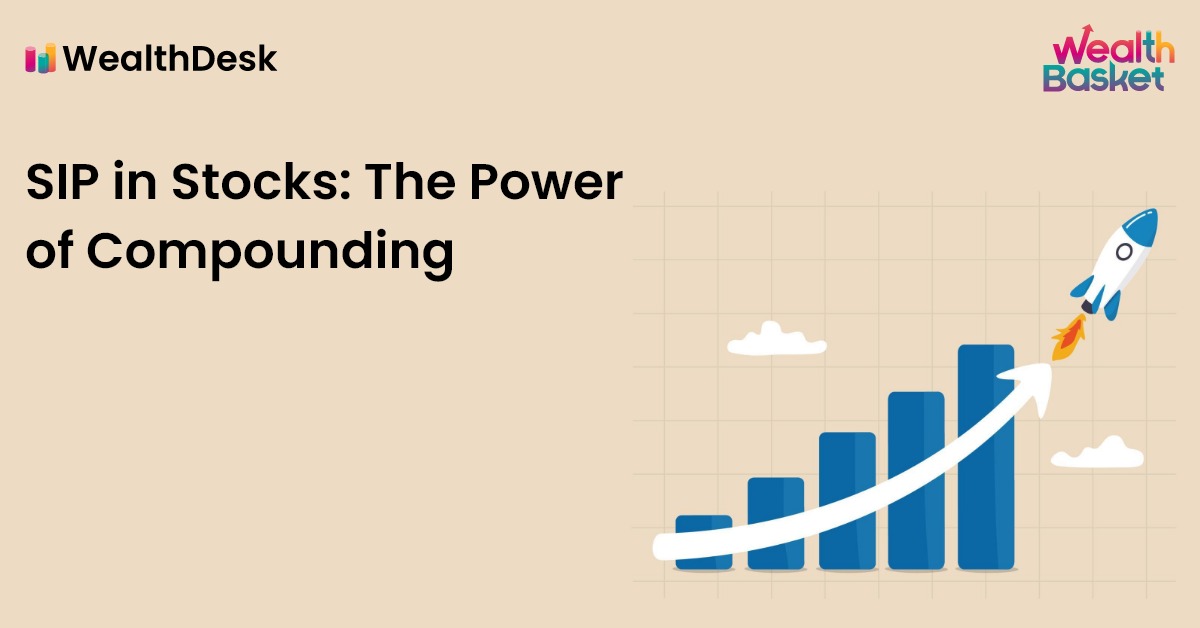This is often the dilemma – one has surplus money to invest but is confused between lumpsum and SIP investments. Choosing between a periodic SIP or a one-time lump sum investment hinges on your familiarity with mutual funds, the fund you have in mind, and your financial goal.
SIPs are ideal if you are new to investing in mutual funds. They must also have sufficiently long time horizons to be beneficial. Therefore, a regular SIP investing in an equity scheme is also suitable for accumulating sufficient capital for a goal. For example, suppose you want to save a portion of your monthly income and want it to grow significantly over time to fund your child’s higher education. In that case, an equity SIP is the way to go. If necessary, seek the assistance of a fund advisor.
But, suppose you have extra cash, such as a bonus, proceeds from a property sale or a retirement corpus, but are unsure about how to invest it. Then, you can consider a one-time investment using a lump sum in a debt or liquid fund.
Therefore, SIPs are recommended for equity-oriented schemes, whereas lump sum investments are better suited for debt funds. But when it comes to market conditions regarding lump sum vs SIP, you can invest with a lump sum if the market has been trending upward and is believed to continue doing so for a long time. On the other hand, SIPs are best suited for a volatile market phase.
How do SIP works?
Investing via SIPs is straightforward. You just need to plan out the amount, no matter how big or small it is.
The next step is to select the fund in which you want to invest. This method requires a significant financial commitment because the estimated trade price is cut from your account (savings) each month. Systematic and pushed trades will keep you engaged in the fund, regardless of market ups and downs. When you invest in a mutual fund, certain amounts of units are reserved for your name based on the fund’s NAV on that date. You benefit from more units during market downturns when the NAV is low.
“Market timing of mutual fund investments necessitates a full knowledge of macroeconomic circumstances, global political trends, policy effect, fundamental assessment, technical analysation, and so on,” explains Sahil Arora, head of Paisabazaar.com, a virtual debt syndication service, during an interview with a national daily. “Most retail investors may find it difficult to keep track of these. Because SIPs ensure regular and automatic investment, choosing the SIP mode will average out the investment cost during market corrections, saving investors from the problem of timing their equity fund investments.”
Investing a Large Sum of Money
A lumpsum invested may be the preferred place if you want to assign a large portion of your income to mutual funds or if you have a windfall gain that you want to invest in mutual funds.
All you have to do is select your fund(s) and calculate the money you want to invest in them.
It is appropriate for people to invest in debt funds to achieve short-term financial goals. For instance, if you plan to invest 2-3 years, capital safety is essential, and debt funds are generally secure fixed-income investments.
When the market and stock valuations are low, the bear market phase, most people choose to make lump sum investments in mutual funds. This is because mutual funds with low NAVs can acquire more units to sell when the market is high.
Which Investment would be better, SIP or Lump Sum?
Whether you invest with a SIP in equity shares or make lump sum investments in debt funds, both have their advantages. However, lump-sum investors must constantly monitor market movement. Meanwhile, SIP investors can unwind as their assets drive into the vicious market loop.
These are the benefits of a lump sum payment:
- Significant financial investment
- Suitable for long-term use
- Convenient one-time payment
Benefits of SIP include:
- Investment prudence
- Risk mitigation
- Adaptability
- No hassles
Key Differences Between SIP and Lumpsum
| Parameter | SIP | Lumpsum |
| Cash flow | Regular | One time only |
| Cost of investment | Less but regular | One-time investment, but high |
| Flexibility | Very high | Very low |
| Risk appetite | SIP risk is low to medium | Medium to high |
Discover stocks that suit certain filter criteria and dive into details to check their WealthBaskets.
Conclusion
A clear SIP vs lumpsum investment comparison is complex. There is always an ‘and’ between them as they go hand in hand.
SIP or lumpsum investment both have their unique advantages and disadvantages. They work for stockholders during distinct periods. It is difficult to tell which is more profitable, SIP or lump sum.
However, one must understand the distinction between SIP and lump sum. As a result, start investing early to reap the long term benefits of the power of compounding.
It is best to choose an investment option (SIP or one-time investment) based on your financial goals as a cardinal rule. And voila – you’re earning the returns you want on your investment! Start your SIP journey by investing in WealthBaskets
FAQs
A SIP or systematic investment plan is the most suitable way of investing in mutual funds. By SIP, you can shake up your investments over time by investing fixed sums at regular intervals. SIP frequency can be monthly, bi-annual, weekly or quarterly, per your need and requirement.
Investing via SIPs is straightforward. You just need to plan out the amount, no matter how big or small. The next step is to select the fund you want to invest in. This method requires a significant financial commitment because the estimated trade price is cut from your account (savings) each month. Systematic and pushed trades will keep you engaged in the fund, regardless of market ups and downs.
SIP can be stopped online by logging into your account with the fund house and then submitting the ‘stop SIP’ form. You can stop your SIP with just a few clicks while sitting at your home.
Lump-sum or SIP both have their advantages and disadvantages. They work for stockholders during distinct periods. Therefore, an investor cannot select only one type of investment option. However, one must understand the distinction between SIP and lump sum. Start investing early to reap the long-term benefits of the power of compounding. Choosing an investment option (SIP or one-time investment) based on your financial goals is best.


















